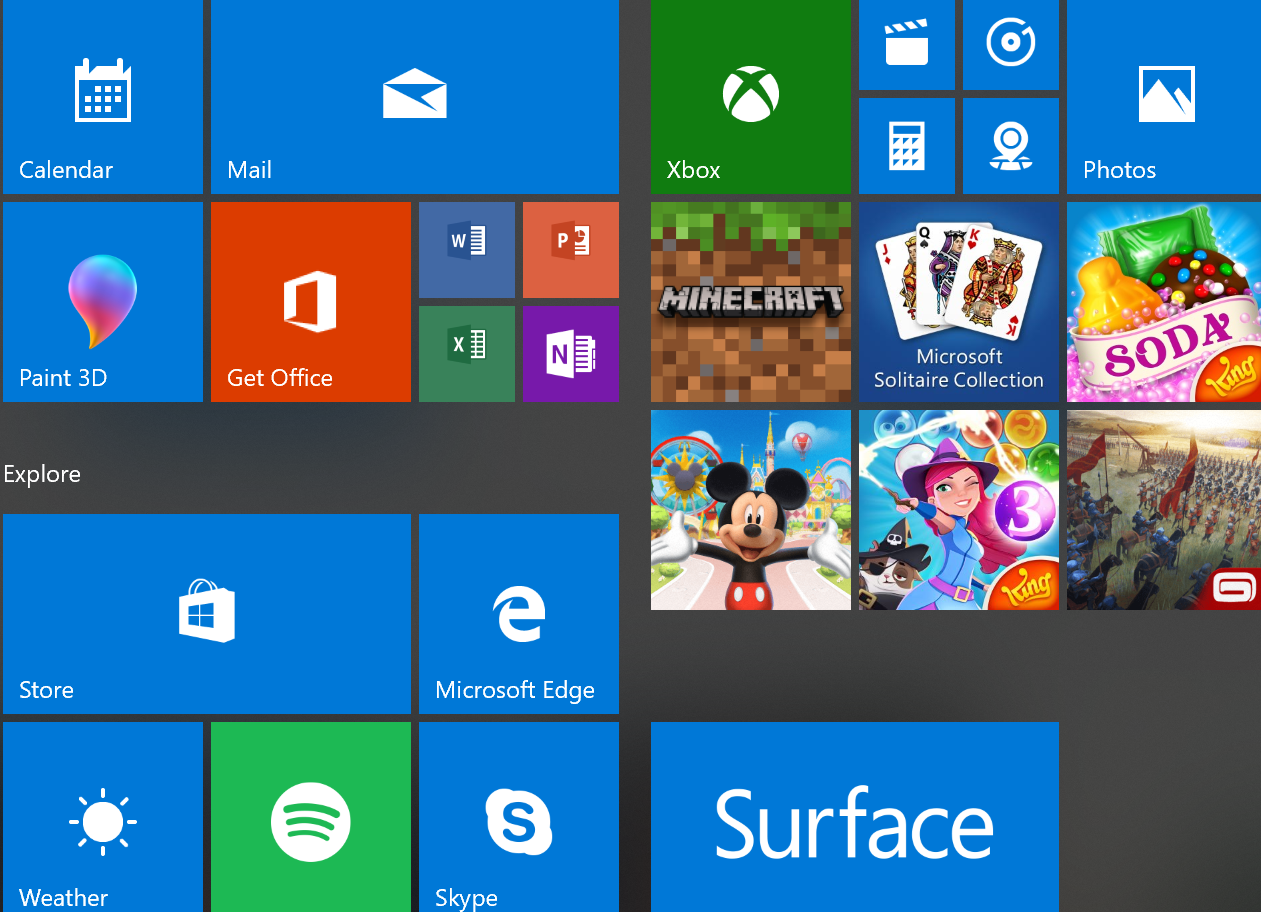Bloatware are applications that are pre-installed by computer manufacturers, smartphone and tablets for extra profit. So your system very often comes loaded with useless apps that take up storage space.
Microsoft is of course not going back on bloatware. Sta Windows 10 for example there are too many programs you do not need. Below we will see how you can get rid of bloatware. 
Note that usually bloatware does not appear in Settings - System - Applications and so you can not remove them as you do with any other program. Microsoft and other manufacturers that have products with bloatware they gain from their use, so the easy uninstallation of bloatware is not in their interest.
We will use the free Windows10Debloater PowerShell Script
Windows10Debloater is a PowerShell Script developed by Sycnex. Removes almost any additional application from the operating system. But it can also remove applications that you may find useful, such as TuneInRadio, PowerBI, or the Netflix application for Windows.
On the GitHub page, click on the green "Code" button. Select ZIP download from the drop-down menu. Open the zip and you will see two files
Windows10Debloater: This is the version that "silently" removes bloatware.
Windows10DebloaterGUI: This version has a basic GUI with some bloatware removal options as well as options for Restore Changes.
Select one of these scripts and run it with PowerShell. The script automates the procedure remove unwanted apps and removes the associated Windows registry entries for the bloatware apps it removed.





